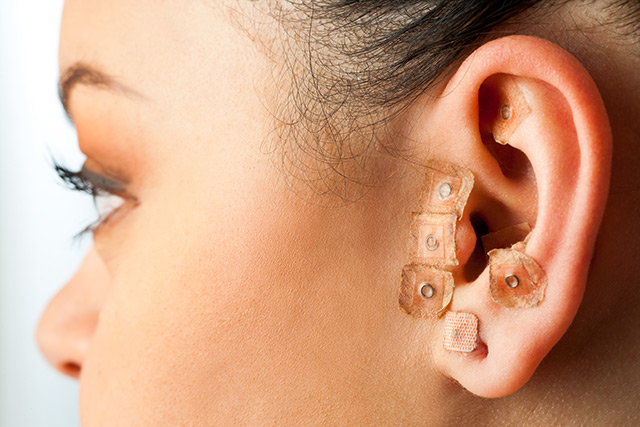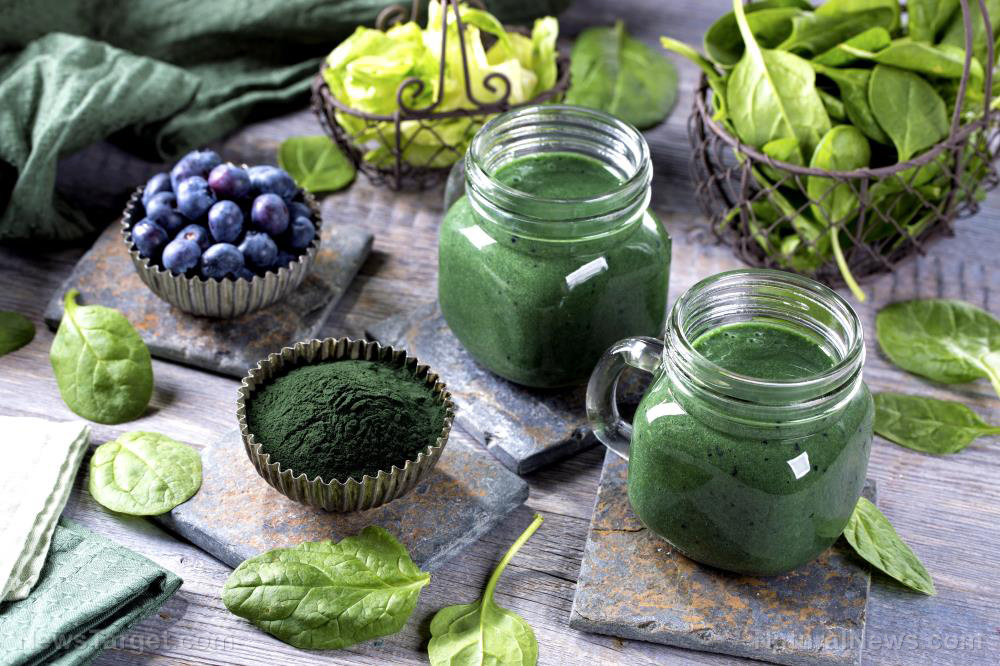Double-blind clinical trial validates cinnamon as natural treatment for primary dysmenorrhea
02/13/2019 / By Michelle Simmons

Women who experience dysmenorrhea may find cinnamon to be beneficial. Researchers from Isfahan University of Medical Sciences and Shahid Beheshti University of Medical Sciences in Iran suggest that cinnamon can be used as a natural treatment for dysmenorrhea.
Women sometimes experience pain just before or during their menstrual period. This painful cramping in the lower abdomen is referred to as primary dysmenorrhea. The pain can range from mild to severe, and usually last for 12 to 72 hours. The pain from this condition is known to interfere with everyday activity.
The Iranian researchers carried out a randomized, double-blind clinical trial to determine the effect of cinnamon on dysmenorrhea. In conducting the study, they divided their women participants into two groups: a treatment group and a control group. Participants in the treatment group received 1,000 milligrams (mg) of cinnamon capsules in the first three days of menstruation for two cycles continuously. On the other hand, the control group received placebo capsules containing 1,000 mg starch.
The results, which were published in the journal Complementary Therapies in Clinical Practice, showed that both groups experienced a substantial reduction in the mean intensity of dysmenorrhea. However, the reduction was much more significant in the cinnamon group compared to the placebo group.
With these findings, the researchers suggest that cinnamon may be used to relieve dysmenorrhea as it can decrease the intensity of the condition.
Other natural remedies for dysmenorrhea
Menstrual cramps may also be relieved naturally by doing the following:
- Applying heat to your abdomen and lower back.
- Massaging with essential oils like lavender, clary sage, and marjoram oil.
- Drinking chamomile tea.
- Adding herbs such as fennel seeds, ginger, pycnogenol, and dill to your diet.
What is cinnamon?
Cinnamon is a spice that comes from the inner bark of a small evergreen tree. The bark is peeled and exposed to the sun, curling up into rolls called cinnamon rolls. This spice has a pleasant flavor and warm smell widely used in baking and curries. There different varieties of cinnamon, but the main type is Ceylon cinnamon which comes form the Cinnamomum Zeylanicum plant that originates in Sri Lanka. (Related: What kind of cinnamon are you eating – Ceylon, cassia, Korintje, or Saigon?.)
More than just a delicious spice, cinnamon has been used for thousands of years for its medicinal properties. Today’s studies have also confirmed these health benefits:
- Cinnamon has antiviral, antibacterial, and antifungal properties: Cinnamon, particularly the essential oil found in cinnamon bark, contains cinnamaldehyde. Cinnamaldehyde possesses antiviral, antibacterial, and antifungal properties and is thought to be responsible for most of the health benefits of cinnamon.
- Cinnamon is rich in antioxidants: Cinnamon is packed with polyphenol antioxidants, which help protect the body from disease. The antioxidants in cinnamon have also been found to have anti-inflammatory effects.
- Cinnamon may protect against heart disease: Evidence shows that consuming cinnamon can lower blood pressure, triglycerides, and cholesterol levels. These, in turn, can lower the risk of heart disease.
- Cinnamon may help in diabetes management: Studies have reported that cinnamon can improve glycemic control and insulin sensitivity and lower blood sugar levels.
- Cinnamon may help ward off cancer: Studies have shown that cinnamon extracts may protect against cancer by reducing cancer cell growth.
Read more news stories and studies on natural remedies for relieving dysmenorrhea by going to WomensHealth.news.
Sources include:
Tagged Under: alternative medicine, cinnamon, dysmenorrhea, herbal medicine, Herbs, menstrual cramps, natural cures, natural healing, natural medicine, natural remedies, period pain, primary dysmenorrhea, women's health



















